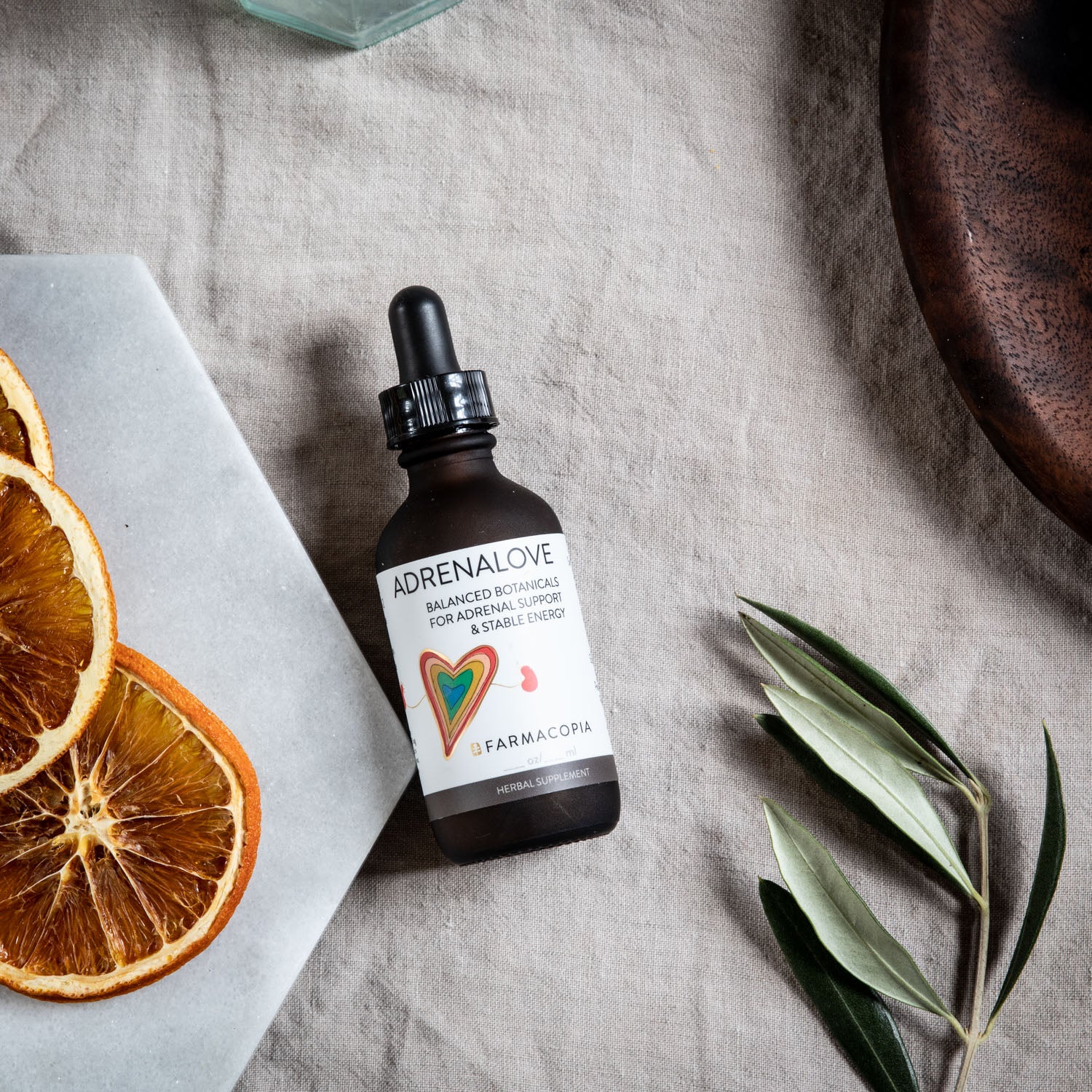How to heal a leaky gut
A leaky gut often means you need to heal something else first. That said, the abnormally permeable intestinal lining participates in a vicious cycle, and needs to be addressed directly as well.
Ask your healthcare practitioner if a leaky gut test (available from Genova diagnostics) might be appropriate for you. I have found these to be useful in some situations, but since the condition can be transient and episodic (as with histamine sensitivity, binge drinking, and bouts of stress), the test can miss it. Often, clinical history and presentation is enough to go on.
RepairVite™ Diet
 Take a deep breath, because if you're a foodie like me, this is the part that is going to suck. I'll go ahead and be Bad News Bear because as science shows, the worst offenders that your immune system probably has red flags about are your very favorites. Below is a quick summary of what to eat and what not to eat!
Take a deep breath, because if you're a foodie like me, this is the part that is going to suck. I'll go ahead and be Bad News Bear because as science shows, the worst offenders that your immune system probably has red flags about are your very favorites. Below is a quick summary of what to eat and what not to eat!
Avoid:
- Sugars: including corn syrup, high fructose corn syrup, molasses, honey, chocolate, candy, etc.
- High Glycemic Fruits: including watermelon, mango, pineapple, raisins, and canned fruits.
- Grains: including gluten, wheat, oats, rice, barley, buckwheat, soy, corn, wheat germ, spelt, amaranth, kamut, millet, quinoa, etc.
- Gluten-containing compounds: including processed salad dressings, ketchup, soy sauce, barbecue sauces, condiments, modified food starch, etc.
- Dairy: including milk, whey, eggs, cheeses, creams, mayonnaise, etc.
- Soy: including soy milk, soy sauce, soy protein, etc.
- Alcohol: including beer, wine, sake, cognac, liqueurs, etc.
- Lectins: including nuts, beans, soy, potatoes, tomatoes, eggplant, peppers, peanut oil, soy oil, etc.
- Coffee, Processed Foods, Canned Foods
Make sure you eat:
- LOTS of Vegetables: including asparagus, spinach, lettuce, broccoli, beets, cauliflower, carrots, celery, artichokes, garlic, onions, zucchini, squash, rhubarb, cucumbers, turnips, watercress, etc. No tomatoes, potatoes, peppers, and mushrooms.
- Low Glycemic Fruits: apricots, plums, apples, peaches, pears, cherries, berries, etc.
- Meats: including fish*, chicken, beef, lamb, organ meats, etc.
- Bone broths: these have strong healing superpowers, they are full of collagen and minerals and other nutrients that give your gut what it needs to heal.
- Fermented Foods: including sauerkraut, kimchi, pickled ginger, mixed pickle, coconut yogurt, kombucha tea, etc.
- Enough good fats: including coconut oil, coconut butter, coconut milk, olives, olive oil, nut butters and sun butter are OK just not actual nuts.
- Stay Hydrated: water and herbal teas. Look for herbal teas with calendula, marshmallow and gotu kola, and extracts of licorice. They can be used to support the intestinal mucosa. Caffeinated tea is ok in moderation.
If you are allergic to any foods, inform your healthcare practitioner and avoid using those foods during this program.
*Select fish which is less prone to heavy metal contamination.
Ready to start feeling better?
Additional supplements that can help you get back on track: RepairVite™, Klaire Labs Vital-10 Probiotic, Pure Encapsulations -GI Fortify Capsules, Vitamin D, Zinc, and Collagen Hydrolysate.
For more information or to get started with the Gut Repair Program please call contact us.

